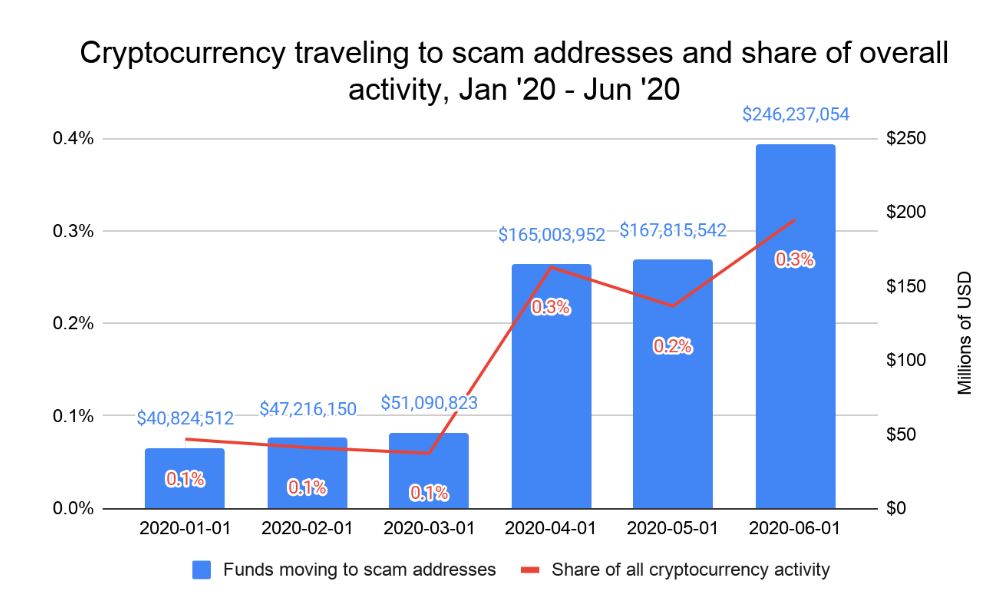The cryptocurrency ecosystem has evolved substantially over the past ten years, with increasing regulatory clarity enabling the likes of Bitcoin to gain the trust of a wider audience. The fact that institutional investors are now backing one of the most disruptive technologies of the past decade is a testament to this evolution. However, cybercrime and bad actors continue to make hay, a development that has given rise to the need for crypto-analytics companies.
On a recent edition of the Untold Stories podcast, Jonathan Levin, CSO at Chainalysis, highlighted the ever-growing role of crypto-analytics firms and how governments and regulators around the world are looking at the industry. Levin noted that for governments across the world, tackling cybercrime has become one of the biggest priorities, adding that there is growing interest in crypto’s role in it. He added,
“I think that cybercrime as a theme is sort of one of the biggest priorities when it comes to national government priorities and they are really sort of cracking down on financially motivated cybercrime…, I guess it would be agencies who are looking at like cybersecurity, election security, like those types of issues are really focused on how does cryptocurrency fit into that.”
While crypto-analytics firms have been able to provide radically innovative solutions to track coins across various blockchains, there are also growing concerns about whether such oversight may lead to the creation of a surveillance state aided by such companies. While Bitcoin continues to be popular on the darknet, Levin argued that there is a difference between anonymity and financial privacy in the case of Bitcoin and that the king coin enables the latter, not the former.
Over the course of the week, debates on crypto and cybercrime were once again reignited following the Twitter hack that led to victims being duped by hackers, allowing the perpetrators to get away with an estimated $125K worth of BTC. Interestingly, a recent report had noted,
“So far this year, scams have taken in more than $381 million from victims. This would put 2020 cryptocurrency scam revenue well below the pace it was on in 2019, largely due to the absence of a major Ponzi scheme like last year’s PlusToken, but still makes scams the largest category of cryptocurrency-related crime so far this year.”
However, in the case of the recent Twitter hack, the damage was largely limited by greater awareness among users of the prevalence of such bad actors. In fact, CipherTrace noted that the loot was limited to just $125K, despite the fact that many of the compromised profiles were of very prominent public figures.
“Proper AML practices at exchanges prevented new users from sending their coins to the hackers while the scam was at its peak, and crypto users are becoming more informed when it comes to common crypto scams.”
Levin went on to say that since not all cryptos work within the cover of total anonymity, with regard to the relationship between crypto and governments, cryptocurrencies can provide law enforcement agencies with a unique opportunity.
“Cryptocurrencies provide unique opportunities for law enforcement to build better investigations in cases that, can be brought against those scammers and child abuse, material distributors and those types of things that we’ve been a part of.”
The post appeared first on AMBCrypto







